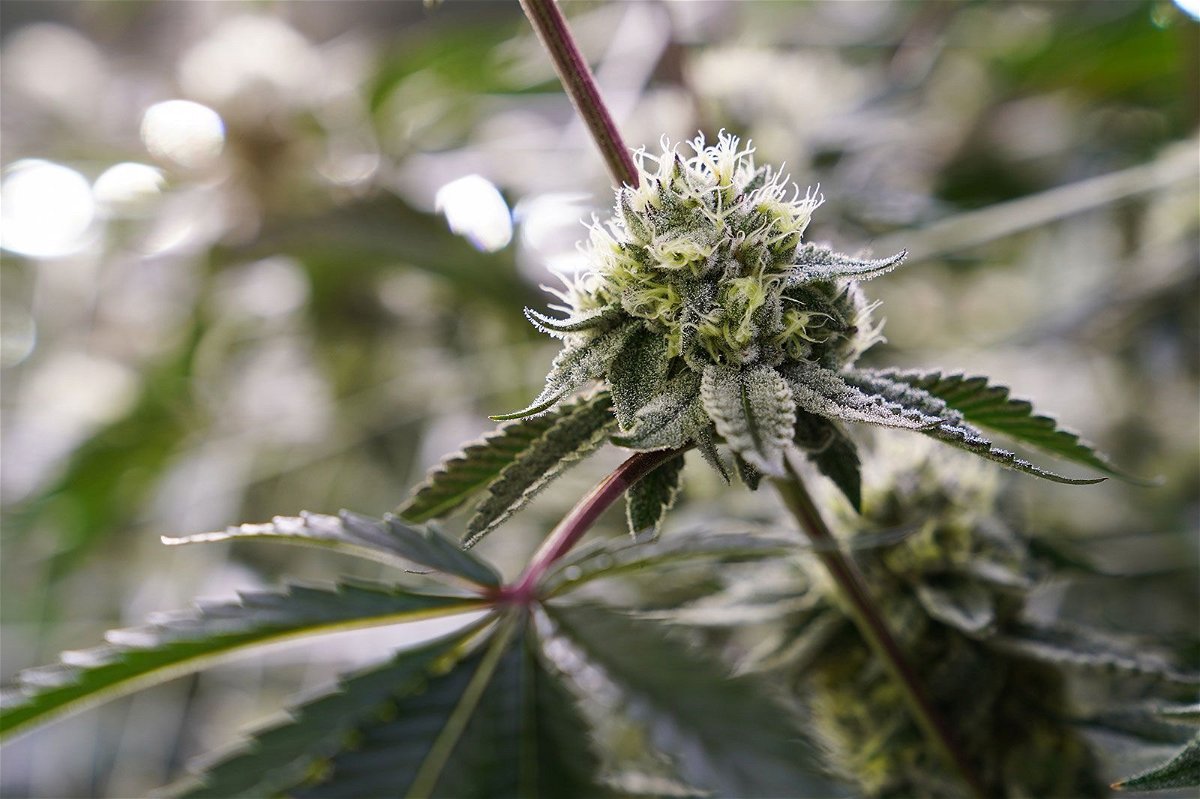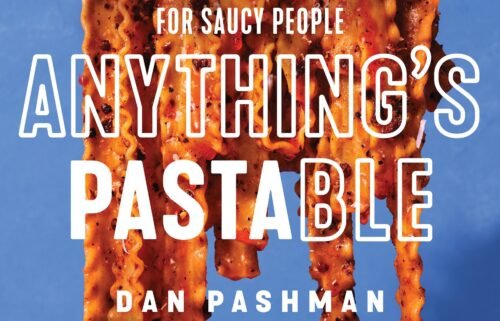Marijuana meets criteria for reclassification as lower-risk drug, FDA scientific review finds

Reclassifying marijuana as Schedule III would put it on the same list as substances like ketamine
(CNN) — Marijuana has a lower potential for abuse than other drugs that are subjected to the same restrictions, with scientific support for its use as a medical treatment, researchers from the US Food and Drug Administration say in documents supporting its reclassification as a Schedule III substance.
Marijuana is currently classified as Schedule I, reserved for the most dangerous controlled substances, including heroin and LSD. In 2022, President Joe Biden asked US Health and Human Services Secretary Xavier Becerra and the attorney general to begin the administrative process of reviewing how marijuana is scheduled under federal law. HHS Assistant Secretary for Health Adm. Rachel Levine wrote a letter to the Drug Enforcement Administration in August in which she supported the reclassification to Schedule III, a list that includes “drugs with a moderate to low potential for physical and psychological dependence” such as ketamine, testosterone and Tylenol with codeine.
The FDA documents, which are posted online, “reflect HHS’ evaluation of the scientific and medical evidence and its scheduling recommendation” to the Department of Justice, HHS said Friday.
The members of the FDA’s Controlled Substance Staff write in the documents that the agency recommends rescheduling marijuana because it meets three criteria: a lower potential for abuse than other substances on Schedules I and II, a currently accepted medical use in treatment in the US and a risk of low or moderate physical dependence in people who abuse it. The National Institute on Drug Abuse concurs with the recommendation.
Although marijuana has a “high prevalence of nonmedical use” in the US, it doesn’t seem to elicit serious outcomes compared with drugs such as heroin, oxycodone and cocaine, the researchers say. “This is especially notable given the availability” of products that contain very high levels of Delta 9 tetrahydrocannabinol (THC), the primary active compound in cannabis.
The data also provides “some credible level of scientific support for some of the therapeutic uses for which marijuana is being used in clinical practice in the United States,” namely anorexia, pain, and nausea and vomiting from chemotherapy, the researchers say. However, they note that their analysis and conclusions “are not meant to imply that safety and effectiveness have been established for marijuana” that would support its approval for any particular health condition.
Finally, the researchers point out that marijuana withdrawal has been reported in heavy, chronic users – with symptoms that peak within days and decline over a week or two – but not in occasional users.
“The marijuana withdrawal syndrome appears to be relatively mild compared to the withdrawal syndrome associated with alcohol, which can include more serious symptoms such as agitation, paranoia, seizures and even death,” they write. Rather, marijuana withdrawal symptoms are similar to those of withdrawal from chronic use of Marinol and Syndros, two FDA-approved drug products that use synthetic THC, and the magnitude and timeline of marijuana withdrawal are similar to that of tobacco.
Rescheduling marijuana could open up more avenues for research, allow cannabis businesses to bank more freely and openly, and have firms no longer subject to a 40-year-old tax code that disallows credits and deductions from income generated by sales of Schedule I and II substances.
Twenty-four states, two territories and DC have legalized cannabis for adult recreational use, and 38 states allow medical use of cannabis products, according to data from the National Conference of State Legislatures. Since the first adult-use cannabis sale took place in 2014 in Colorado, cannabis has blossomed into a multibillion-dollar industry that has attracted the attention of multinational companies across sectors such as alcohol, agriculture, pharmaceutical and tobacco.
The DEA will have the final authority to make any changes to marijuana’s scheduling, and it will go through a rulemaking process that includes a period for the public to provide comments before any scheduling action is finalized.
CNN’s Meg Tirrell, Jacqueline Howard, Kevin Liptak and Alicia Wallace contributed to this report.
The-CNN-Wire
™ & © 2024 Cable News Network, Inc., a Warner Bros. Discovery Company. All rights reserved.



